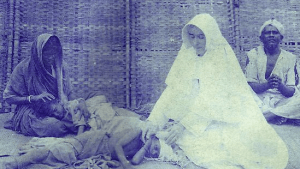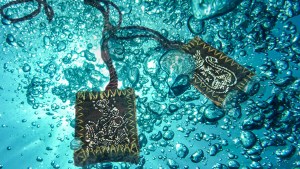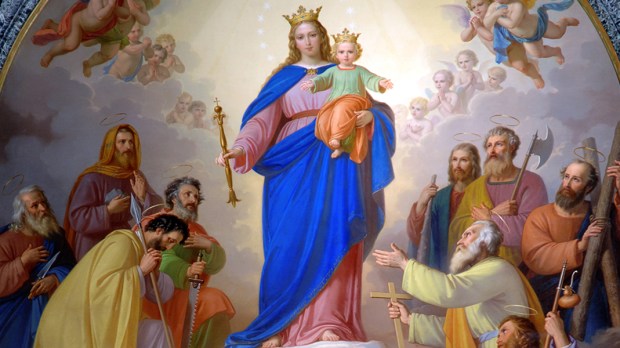Catholicism in Australia has a very interesting history. Australia was initially a penal colony of the British Empire, and many Irish Catholics were sent there, but were deprived of any spiritual sustenance.
According to the St. Columbans Mission Society, “The infant church in Australia had a special reason for turning to Mary. No priests were sent to the colony in its early days and Mass was not allowed except for one brief year until 1820. It was largely the Rosary in those early days that kept the faith alive.”
By 1820 the Catholic Church was allowed some freedom, and in 1821 a cathedral in Sydney was dedicated in honor of the Virgin Mary.
Shortly before this occurred Pope Pius VII was detained and was a prisoner of Napoleon. He was released in 1814 and made his way back to Rome. In 1815 Pope Pius VII “instituted for the Papal States the feast of Our Lady, Help of Christians, to be celebrated, 24 May, the anniversary of his first return.”
Australia became the first nation to choose “St. Mary, Help of Christians” as their principal patroness in 1844. May 24 then became the “patronal feast” of Australia and remains a solemnity, though it may also be celebrated on the nearest Sunday. The cathedral in Sydney has since adopted the title, Immaculate Mother of God, Help of Christians, as well.

Read more:
Australian “Mother Teresa” takes another step toward sainthood

Read more:
How a ship was miraculously saved by God through a Brown Scapular

